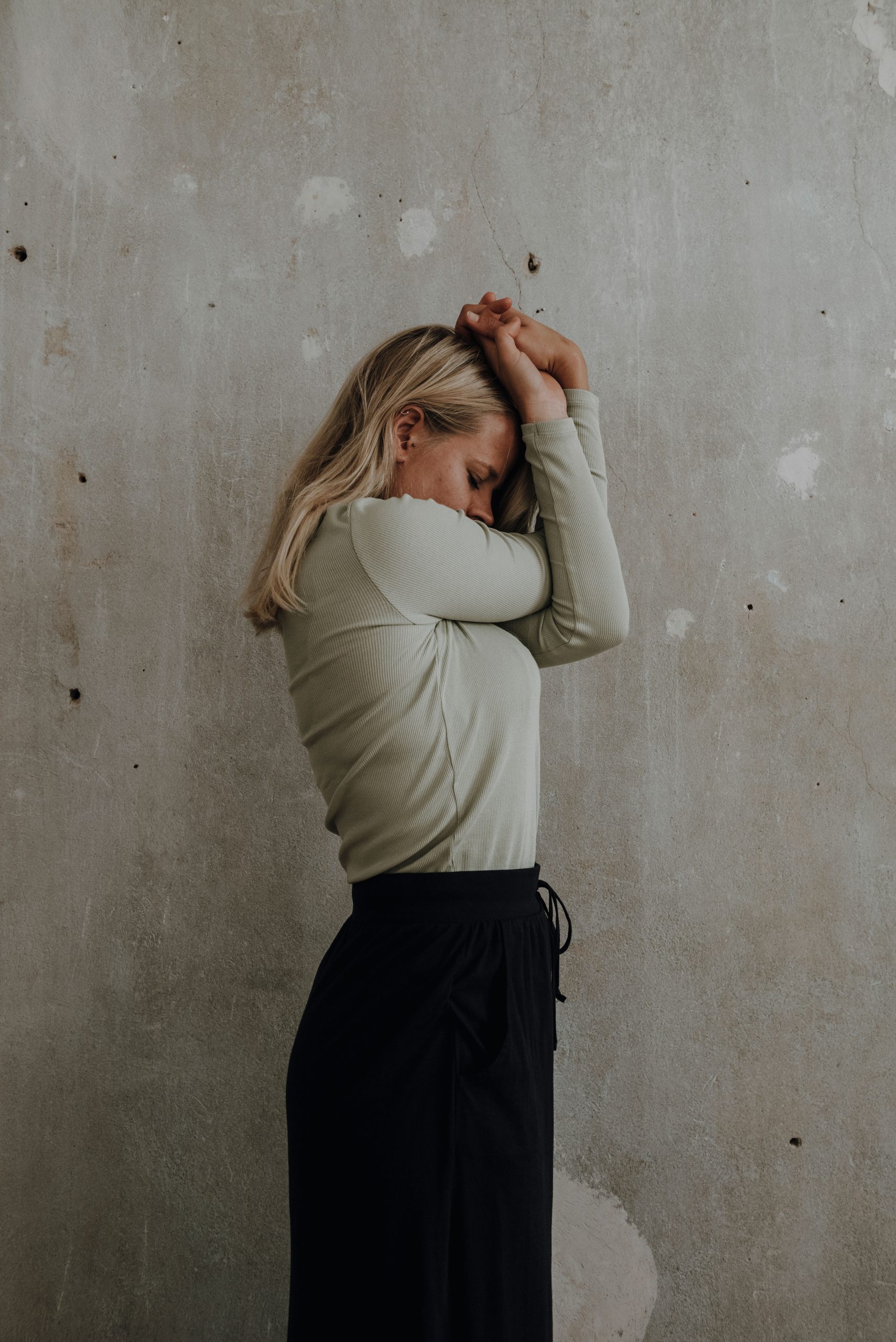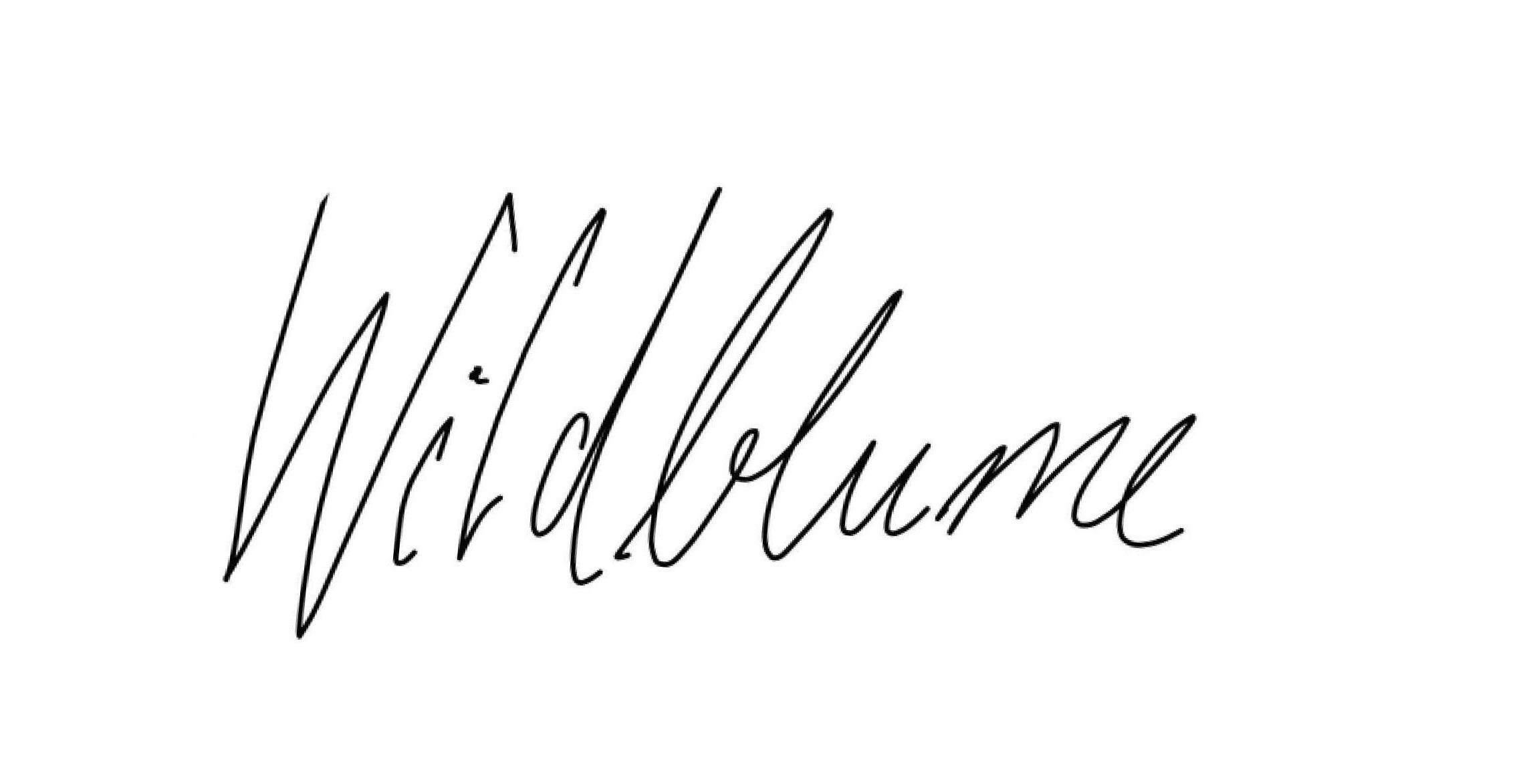
Lovely Limitedness: A Letter to You
Text: Danielle Smith // Photo: Hannah Zint // Illustration: Annelie Tesch
You, Grenzgängerin, are stronger than you feel. Wherever this issue finds you, you are a resilient woman with a voice that matters deeply. You are at the same time also more limited than you probably realize.
Before we set out to make a difference in the world, we must first recognize the limits of what we can and can’t do. The path to emotional health begins with first giving space to our emotions and recognizing the corresponding thoughts, however painful they may prove. And for a relationship to experience intimacy, there must be shared vulnerability, the chance for a ‘What, you too?’ kind of moment.
And that is precisely the point, because we believe there is profound beauty in weakness—when we come to that breaking point and see our need for help outside ourselves. There, where the sacred invades our scared, the holy crosses the border into our humanity. To be limited, to possess internal boundaries that create needs within, is to be human, to bear the mark of one who not only understands our weakness but also desires to enter in and redeem it.
Boundaries and limits form the framework of our life structures. We order our rhythms around them, and in their recognition and our adjusting to them, we enable our bodies and souls to continue doing what they do. Some boundaries we can control and others we can’t. Some we’re conscious of, and others go on unnoticed. There are boundaries that we set and others that are imposed on us. And there are the everyday ones, unique to us all, our context and our story.
As an American calling Germany home, it means I hit hard against the limits of a language that’s not my mother tongue on a daily basis. And then there’s the geographical boundary of a 14-hour plane ride away from family. As someone who can struggle with mental health, I must create boundaries for my emotional and relational health and well-being. As a person of faith, it has meant colliding with the limits of my understanding, accepting the tension-filled peace of having questions go on unanswered, but knowing with assurance that I am loved.
And there is also a boundary that can be violated in the most dangerous way, precisely because it’s the boundary that distinguishes us as humans, as dignified and inherently valuable. This boundary was and continues to be violated for centuries for the precious humans who because of their skin color do not profit from the term white privilege, but rather suffer under it. As a result of events in the US in May 2020, the world woke up and the definition of racism changed to include us all.
And then there were the boundaries that came in spring. The ones that felt a little different, not because boundaries were new, but because these were ones that told us we couldn’t even board that plane to get to a sick family member 14 hours away. The boundaries that left most of us with no choice but to work from home, physically isolated from those we love. It was a ruthless boundary that leveled us all, that neither health nor our bank account balance could remove. This was a global boundary and it did something to all of us.
Even though we could do nothing to remove the limitations that COVID imposed on our lives, we were not overcome by them. Financial setbacks led to career pivots of ingenuity. The lack of physical touch afforded us by no longer hugging created within us an even deeper gratitude for our support systems that were still there, a Zoom call away. The anxiety that settled in and made itself at home, forced us to face our fears head on and implement new methods to go on living with them.
To be a Grenzgängerin is to be deeply limited but profoundly resilient and capable of human connection. Don’t hide that beautiful weakness, Wildflower.
Your fellow, limited Grenzgängerin,
Danielle

